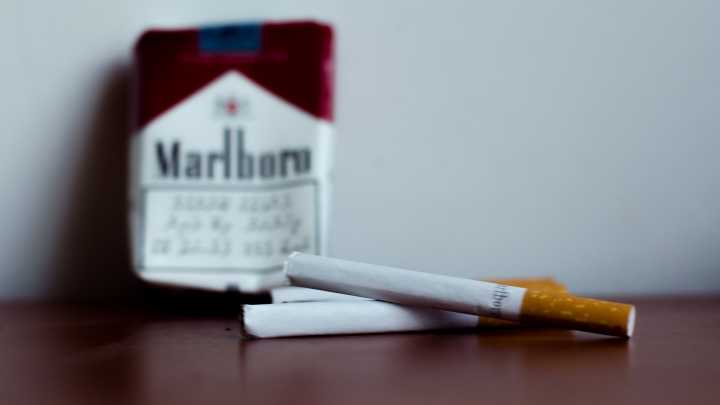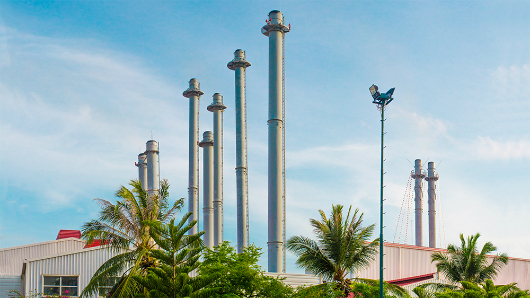Global MPs’ group Parliamentarians for Global Action has condemned the detention without charge of MP Ahmed Mahloof and called upon authorities to immediately release him from house arrest.
Parliamentarians for Global Action (PGA) expressed its “undiminished solidarity” towards MP Mahloof in a statement today.
He was arrested at an opposition rally on March 26 for allegedly “obstructing police duties and disobeying police orders.”
Noting that Mahloof may have been “targeted” by police for his criticism of the government, PGA expressed concern that freedom of speech, freedom of expression and the constitutional rights of MPs may have been violated.
After five days at the Dhoonidhoo detention centre, Mahloof refused to accept the court’s conditional release, which would have barred him from protesting for 60 days. The criminal court then placed him under five days of house arrest.
Mahloof was expelled from the ruling Progressive Party of Maldives after its disciplinary committee said he brought President Abdulla Yameen into disrepute with false statements in the media.
Meanwhile, a letter from the Prosecutor General’s office was leaked to Minivan News, which arguesthat some recent decisions by the court may have limited individuals’ rights relating to pre-trial detention.
The letter, addressed to Criminal Court Chief Judge Abdulla Mohamed, said the decisions limited rights under Article 49 of the constitution.
This article says that no one shall be detained prior to sentencing unless there is a fear of the accused failing to appear at court, for the protection of public safety, or to prevent the accused interfering with witnesses.
Local media have interpreted the letter, dated yesterday, as a warning to the criminal court over the conditional release of people arrested at protests, which often stipulates they must not go to any more demonstrations for 60 days.
Previously, MP Fayyaz Ismail, of the opposition Maldivian Democratic Party (MDP), was detained for 15 days after he refused to accept release on these conditions following his arrest at a protest on March 8.
At the time, the Criminal Court had released 33 of the 77 individuals arrested at protests, on the condition they would not participate in further protests for 60 days.
“This is not a limitation of rights, but a violation of [the detainee’s] rights to assembly, expression, and free will,” said Shahindha Ismail, executive director of Maldivian Democracy Network’s, earlier this month.
Courts can enforce conditions on detainees to ensure a person’s attendance at hearings, for example having to obtain a permit from the court when travelling, but they cannot place a condition asking the individual not to go to a protest, she said.
The government has started implementing stronger measures in the crackdown against opposition protests, which escalated after the arrest of former President Mohamed Nasheed on February 22.
President Abdulla Yameen today ratified an amendment to the Civil Service Act which bars civil servants from holding posts in political parties and taking part in political activities.
The amendment comes at a time where several state owned companies have been accused of firing opposition supporters for participating in anti-government protests.
Since March 1, at least four employees of State Electric Company Limited and one from Malé Water and Sewerage Company were dismissed, and at least five were suspended from Maldives Ports Limited.
Likes (5)Dislikes
(5)Dislikes (0)
(0) 




